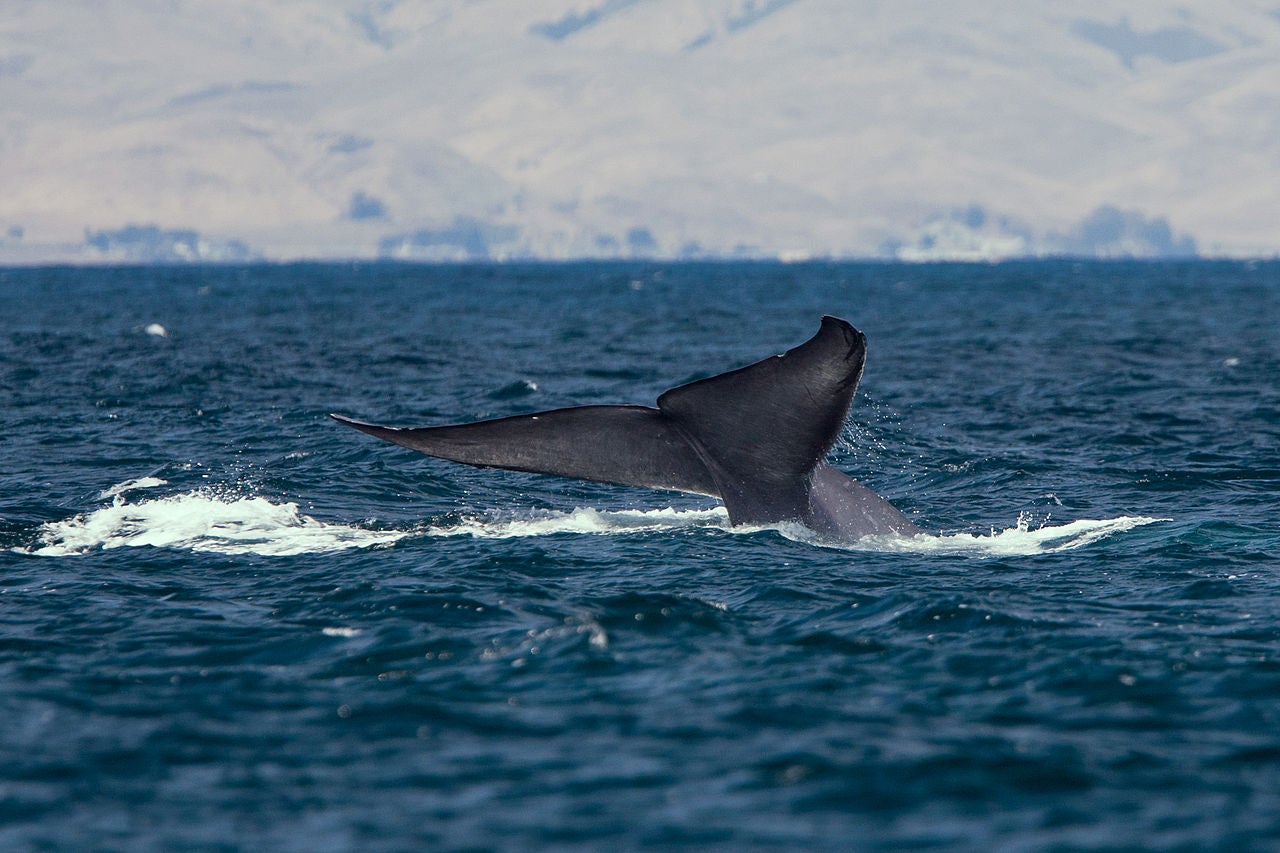Blue whales return to Spain’s Atlantic coast after decades away
Animals spotted off Galician coast since 2017, but not all scientists are celebrating their return

Your support helps us to tell the story
From reproductive rights to climate change to Big Tech, The Independent is on the ground when the story is developing. Whether it's investigating the financials of Elon Musk's pro-Trump PAC or producing our latest documentary, 'The A Word', which shines a light on the American women fighting for reproductive rights, we know how important it is to parse out the facts from the messaging.
At such a critical moment in US history, we need reporters on the ground. Your donation allows us to keep sending journalists to speak to both sides of the story.
The Independent is trusted by Americans across the entire political spectrum. And unlike many other quality news outlets, we choose not to lock Americans out of our reporting and analysis with paywalls. We believe quality journalism should be available to everyone, paid for by those who can afford it.
Your support makes all the difference.Blue whales have been returning to Spain’s Atlantic coast after a decades-long absence as whaling industries led the species to near extinction in the region.
A blue whale was spotted near Ons Island, off the coast of Pontevedra in Galicia, in 2017 by marine biologist Bruno Díaz, who runs The Bottlenose Dolphin Research Institute in O Grove, Galicia.
In 2018, scientists spotted another near the Rías Baixas estuarine inlets, and another in 2019. And then in 2020, two whales returned to the region.
Just over a week ago, another blue whale was spotted off the Islas Cíes, near O Grove.
The research institute been carrying out the Baleanatur research project that monitors the blue whales’ migration patterns and behaviour within the region, with an objective of gaining a greater understanding of blue whales and other threatened whale species and working towards conservation efforts.
Dr Díaz said it was unclear whether the return of the large mammals is due to the climate crisis, but suggested that it could be a factor, whilst proposing an alternative hypothesis, that the whales’ migration is driven by memory rather than environmental conditions.
“It is true that the data we have points to this trend [climate change] but it is not enough yet,” he told Público news.
“I believe the moratorium on whaling has been a key factor. In the 1970s, just before the ban was introduced, an entire generation of blue whales disappeared. Now, more than 40 years later, we’re seeing the return of the descendants of the few that survived.”
For hundreds of years, Galicia was home to a whaling industry, and Spain did not ban the practice until 1986 – 20 years after the International Whaling Commission banned all blue whale hunting. By the time whaling stopped in Spain, blue whales were all but extinct in the region.
“In recent years it’s been discovered that the blue whale’s migration is driven by memory, not environmental conditions,” Dr Díaz said.
“This year there hadn’t been a notable increase in plankton, but here they are. Experiences are retained in the collective memory and drive the species to return,” he added.
But others believe that climate is a major factor in the whales’ reappearance on the Galician coast, and say it is not a cause for celebration.
Alfredo López, a marine biologist at a Galician NGO told newspaper La Voz de Galicia: “There’s a high possibility that climate change is having a major impact on the blue whale’s habitat.
“Firstly, because they never venture south of the equator, and if global warming pushes this line north, their habitat will be reduced.
“And secondly, if it means the food they normally eat is disappearing, then what we’re seeing is dramatic and not something to celebrate.”
Mr Lopez backed up his hypothesis drawing on recent beachings of whales in the Bay of Biscay. He said that a number of the whales that have become stranded on the beaches have been “skeletal” in nature.
“If it were a single animal,” he said, “we could say that it was sick. But there are many. And they are starving.”
The blue whale is the world’s largest mammal at 20-24 metres in length, weighing between 100 and 120 tons – the equivalent of about 16 elephants. The sea giants are estimated to live between 80 and 90 years, and feed mostly on krill and plankton.
Join our commenting forum
Join thought-provoking conversations, follow other Independent readers and see their replies
Comments